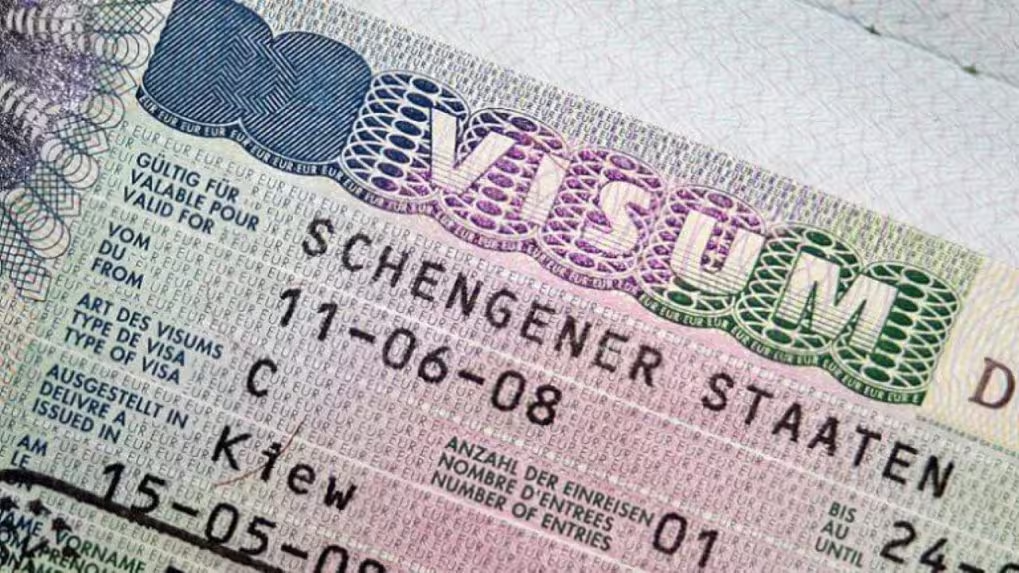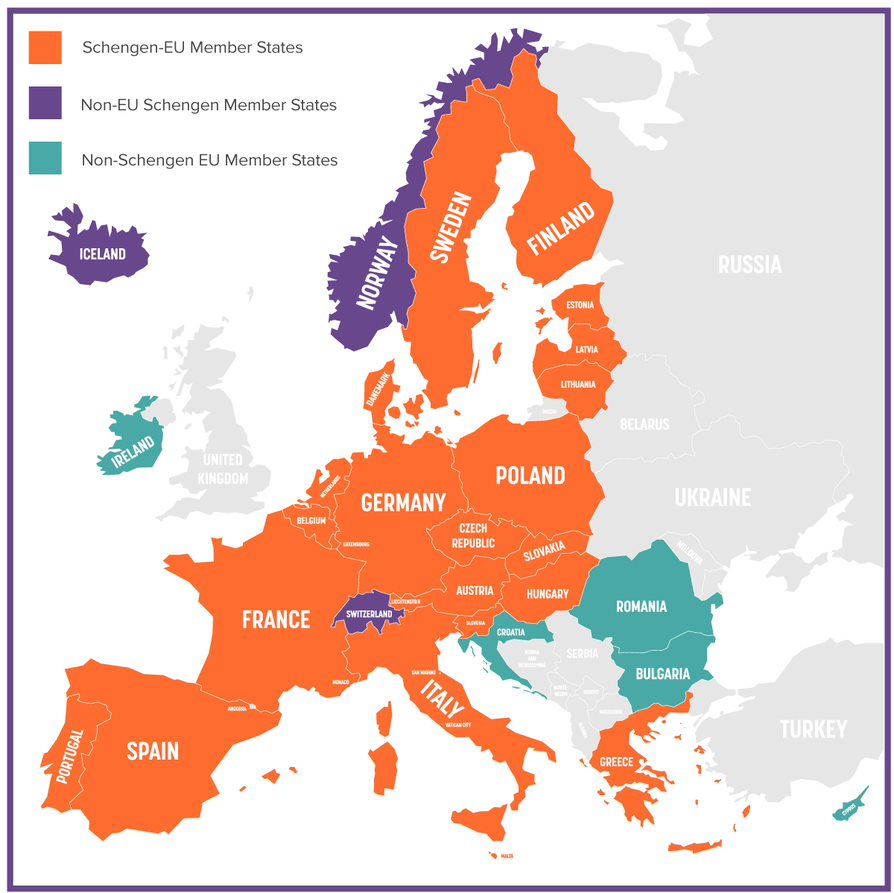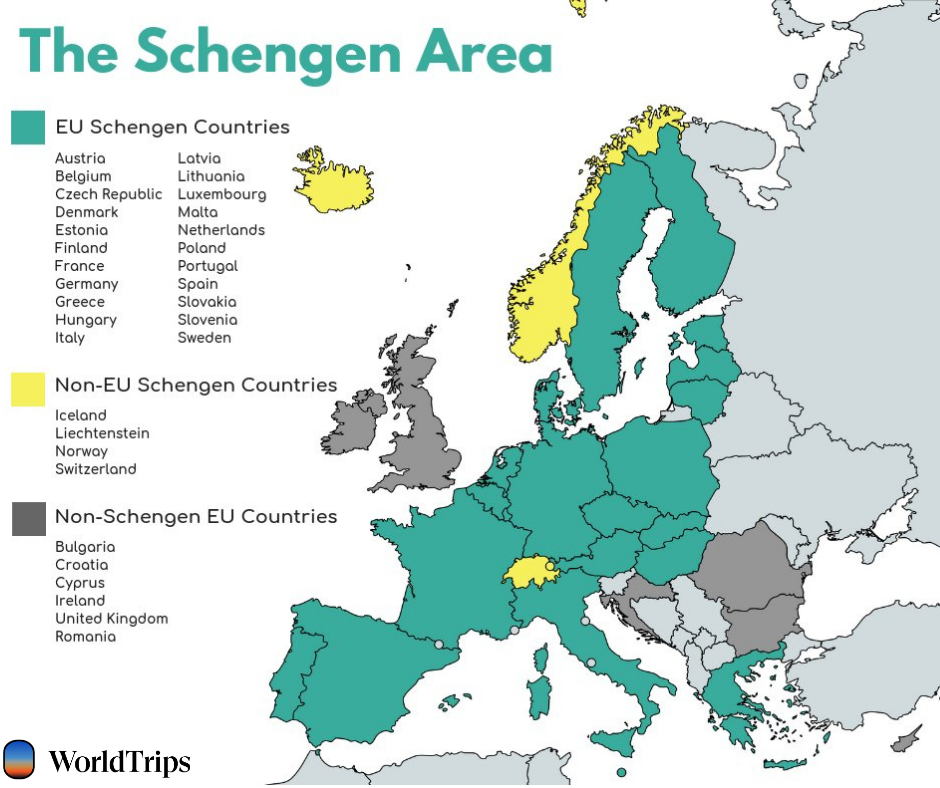Free Courses Sale ends Soon, Get It Now


Free Courses Sale ends Soon, Get It Now



Disclaimer: Copyright infringement is not intended.
Context:
Details:
Benefits of the “cascade” system:
Schengen visa:
Details about visa:
Schengen Area Countries:
Schengen Agreement
The Schengen Agreement traces its origins back to the Schengen Agreement of 1985, which was signed on June 14, 1985, in the village of Schengen in Luxembourg. This initial agreement laid the groundwork for the eventual creation of the Schengen Area.


Source:
|
PRACTICE QUESTION Q) Which of the following is NOT a characteristic of the Schengen Area? A) It encompasses 26 European countries that have abolished passport and other types of border control at their mutual borders. B) The Schengen Agreement, signed in 1985, aimed to facilitate the free movement of people within its territory while maintaining stringent security measures at external borders. C) Countries within the Schengen Area retain full autonomy over their immigration policies, including the right to impose visa requirements on non-EU citizens. D) The United Kingdom and Ireland are not part of the Schengen Area. Answer: A |
© 2024 iasgyan. All right reserved